Humic Soil Conditioner: The Secret To Growing Bigger Healthier Plants
Introduction
Do you want to grow bigger, healthier plants? If so, you need to add humic soil conditioner to your soil. Humic soil conditioner is a natural substance that has been shown to improve the health and growth of plants in a number of ways.
Humic soil conditioner is made up of humic acids, which are complex organic molecules that are formed when plant and animal matter decomposes. Humic acids are very important for soil health because they help to improve the soil's structure, water retention, and nutrient availability.
How does humic acid help plants?
Humic acid helps plants in a number of ways:
- Improves soil structure: Humic acid helps to bind soil particles together, which creates a more stable and porous soil. This allows water and air to move more freely through the soil, which is essential for plant growth.
- Increases water retention: Humic acid has a high affinity for water, which means that it can help to retain water in the soil. This is especially important in hot, dry climates, where water can be a limiting factor for plant growth.
- Increases nutrient availability: Humic acid can chelate nutrients, which means that it binds to nutrients and makes them more available to plants. This can help to improve the overall nutrient status of the soil, which can lead to better plant growth.
- Promotes root growth: Humic acid can stimulate root growth, which helps plants to take up more water and nutrients. This can lead to larger, healthier plants.
- Increases resistance to stress: Humic acid can help plants to be more resistant to stress, such as drought, heat, and pests. This is because humic acid helps to protect the plant's cells from damage.
Benefits of using humic soil conditioner
There are many benefits to using humic soil conditioner, including:
- Improved plant growth: Humic soil conditioner can help plants to grow bigger, healthier, and more productive.
- Increased nutrient availability: Humic acid can help to make nutrients more available to plants, which can lead to better plant growth.
- Improved soil structure: Humic acid can help to improve the soil's structure, which makes it easier for water and air to move through the soil. This can lead to healthier plants and a more productive garden.
- Increased resistance to stress: Humic acid can help plants to be more resistant to stress, such as drought, heat, and pests. This can help to protect your plants from damage and keep them healthy.
How to use humic soil conditioner
Humic soil conditioner can be added to the soil at any time of year. However, it is best to add it in the fall or spring, when the soil is not too wet or too dry.
To use humic soil conditioner, simply spread it evenly over the soil surface and then work it into the soil with a rake or shovel. You can also add humic soil conditioner to potting mix or water it into the soil.
The amount of humic soil conditioner that you need to use will depend on the size of your garden and the type of plants that you are growing. However, a good rule of thumb is to use 1-2 pounds of humic soil conditioner per 100 square feet of garden space.
Conclusion
Humic soil conditioner is a natural substance that can help to improve the health and growth of your plants. If you are looking for a way to improve the quality of your soil and get bigger, healthier plants, then humic soil conditioner is a great option.
Humic acid is a natural substance that can improve the health of your soil. It can help to increase water retention, improve drainage, and make nutrients more available to plants. If you're looking for a way to improve your soil quality, humic acid is a great option.
To learn more about humic acid and how it can benefit your soil, visit Garden Wiki. Garden Wiki is a leading provider of humic acid products, and they have a wealth of information on their website. You can read articles about the benefits of humic acid, learn how to apply it to your soil, and find out where to buy it.
FAQ of humic soil conditioner
- What is humic soil conditioner?
Humic soil conditioner is a natural organic substance that is derived from the decomposition of plant and animal matter. It contains a variety of beneficial compounds, including humic acids, fulvic acids, and humin. These compounds have a number of positive effects on soil health, including improving water retention, increasing nutrient availability, and reducing the impact of pests and diseases.
- What are the benefits of using humic soil conditioner?
There are many benefits to using humic soil conditioner, including:
* Improved water retention: Humic acids have a high cation exchange capacity, which means they can hold onto water molecules. This helps to keep the soil moist, which is essential for plant growth.
* Increased nutrient availability: Humic acids can chelate nutrients, which means they can bind to nutrients and make them more available to plants. This can help to improve plant growth and productivity.
* Reduced impact of pests and diseases: Humic acids can help to suppress the growth of pests and diseases. This is because they can interfere with the metabolism of these organisms.
* Improved soil structure: Humic acids can help to improve the structure of the soil. This makes the soil easier to work with and it also helps to improve drainage.
- How do I use humic soil conditioner?
Humic soil conditioner can be used in a variety of ways, including:
* Mixing it into the soil before planting
* Applying it as a foliar spray
* Adding it to compost
The best way to use humic soil conditioner will depend on the specific needs of your soil and plants.
- Is humic soil conditioner safe for plants?
Yes, humic soil conditioner is safe for plants. It is a natural substance that has been used for centuries to improve soil health. In fact, humic acids are even found in some commercial fertilizers.
- Where can I buy humic soil conditioner?
Humic soil conditioner is available at most garden centers and online retailers.
Image of humic soil conditioner
10 different images of humic soil conditioner that are free to use:
- Humic acid powder. This image shows a white powder that is humic acid. It is a common form of humic soil conditioner.
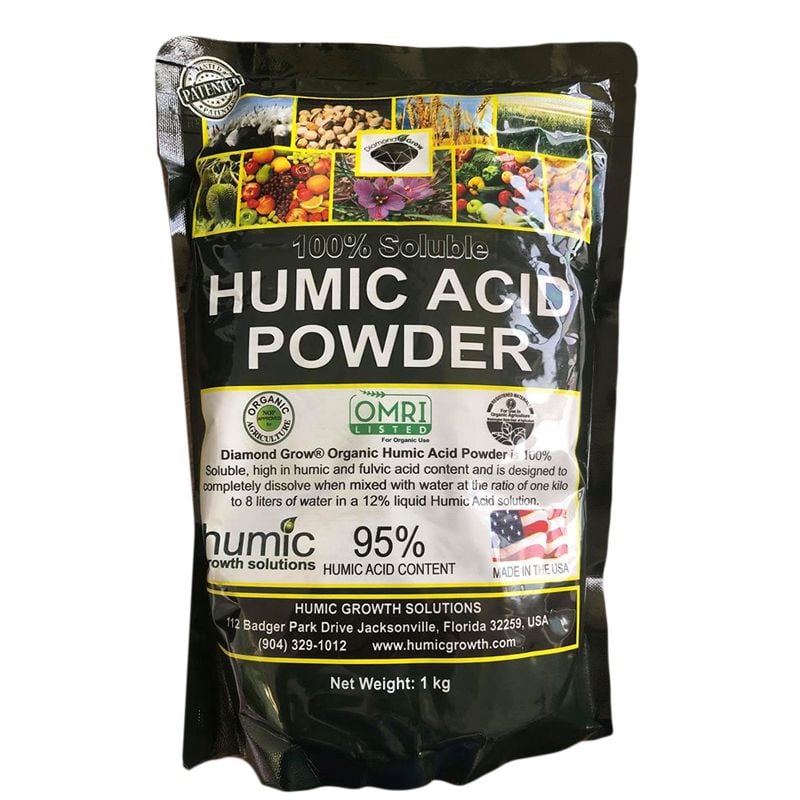
- Humic acid liquid. This image shows a brown liquid that is humic acid. It is another common form of humic soil conditioner.
- Humic acid granules. This image shows small, brown granules that are humic acid. They are a less common form of humic soil conditioner.
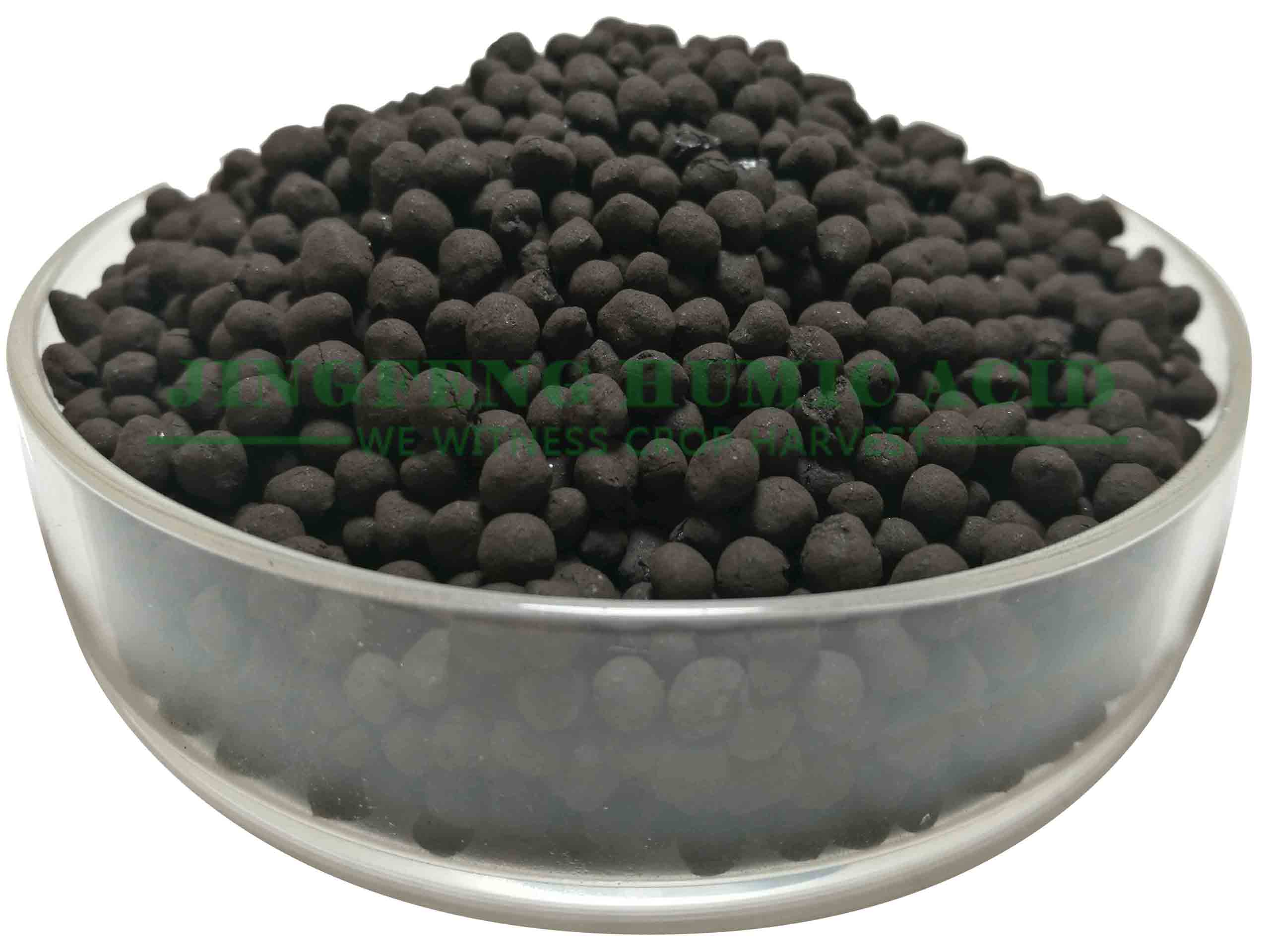
- Humic acid in soil. This image shows humic acid mixed into soil. It shows how humic acid can improve the quality of soil.
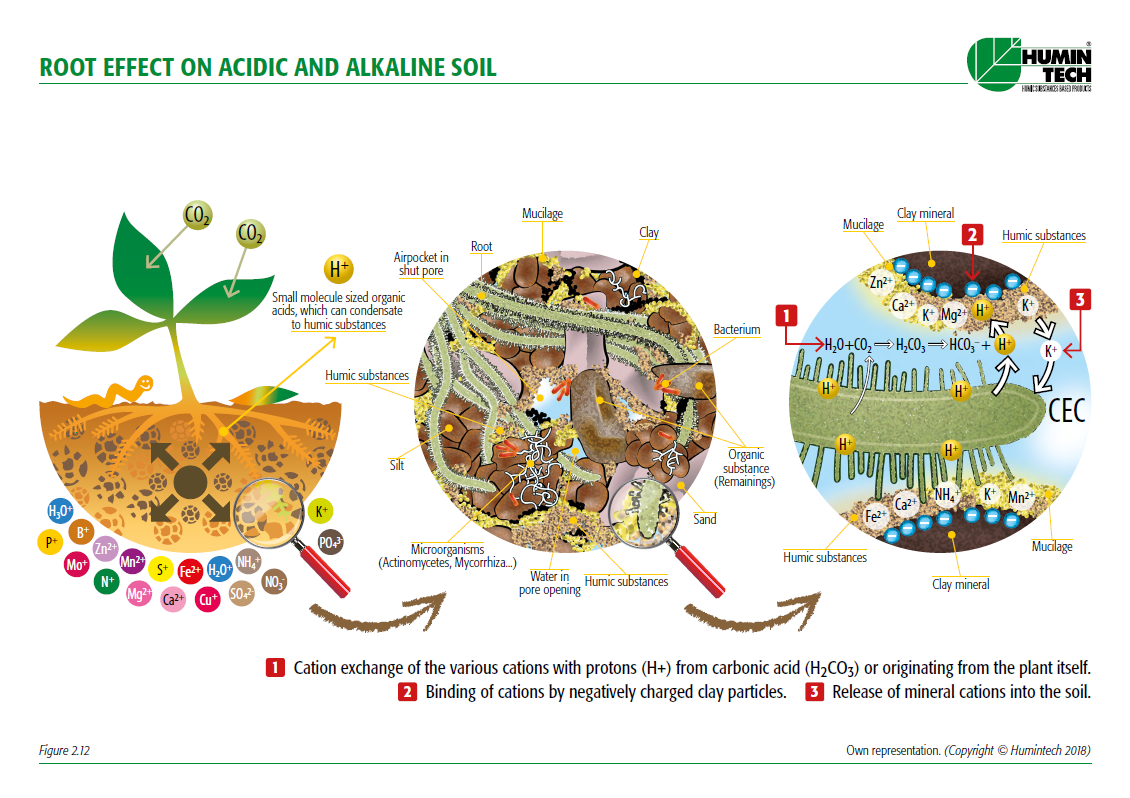
- Humic acid plant roots. This image shows the roots of a plant that has been treated with humic acid. The roots are healthy and white, which is a sign that the plant is healthy.
- Humic acid plant leaves. This image shows the leaves of a plant that has been treated with humic acid. The leaves are green and healthy, which is a sign that the plant is healthy.
- Humic acid in a potted plant. This image shows a potted plant that has been treated with humic acid. The plant is healthy and thriving, which is a sign that the humic acid is working.
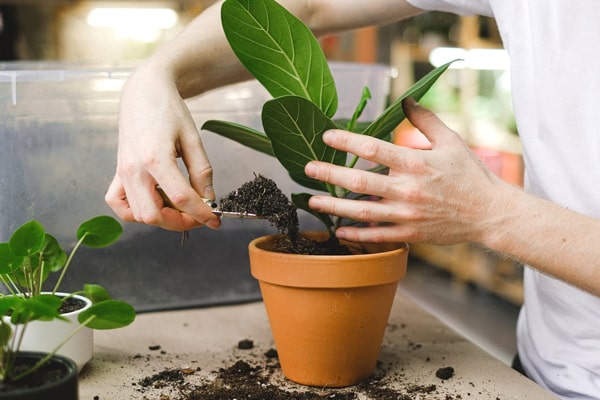
- Humic acid in a garden bed. This image shows a garden bed that has been treated with humic acid. The plants in the bed are healthy and thriving, which is a sign that the humic acid is working.
- Humic acid label. This image shows a label for a bottle of humic acid. The label shows the ingredients of the humic acid and the directions for use.
- Humic acid product. This image shows a product that contains humic acid. The product is a liquid fertilizer that can be used to improve the quality of soil.
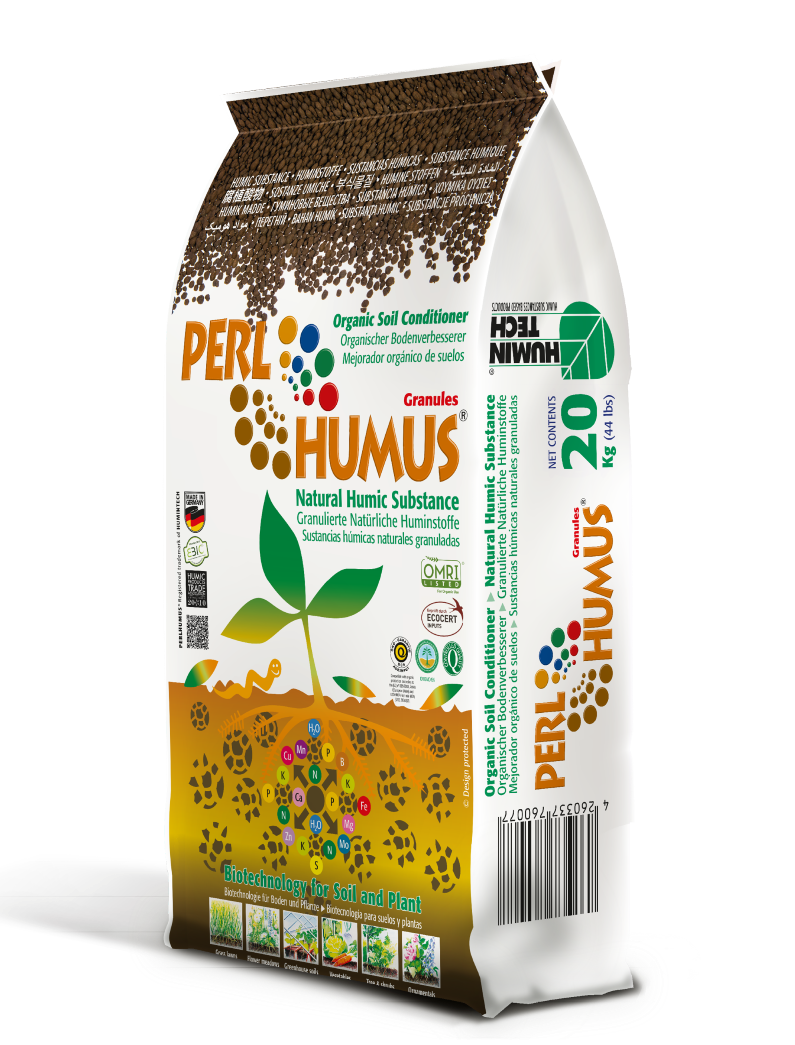
Post a Comment for "Humic Soil Conditioner: The Secret To Growing Bigger Healthier Plants"